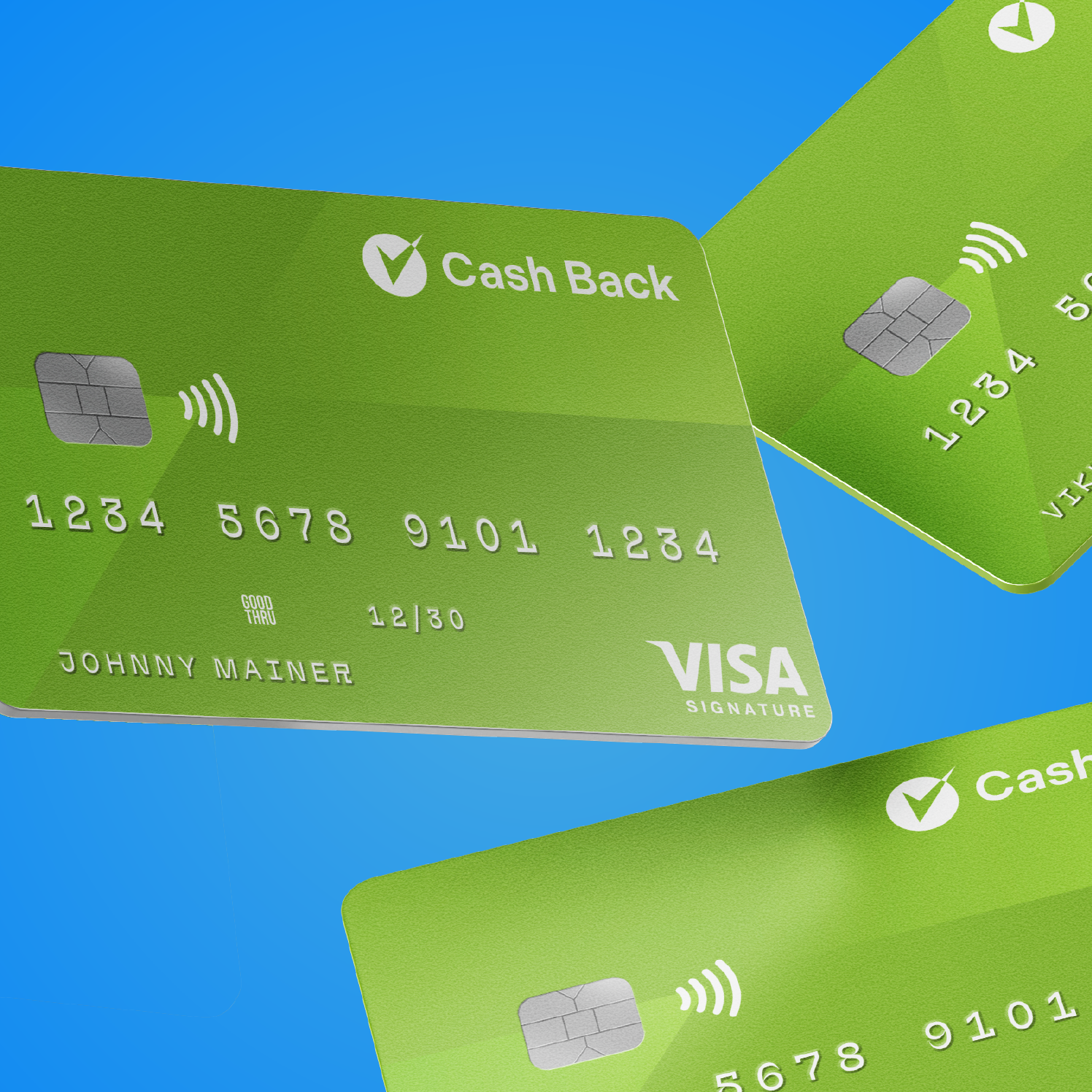About Credit
A good credit history can get you lower interest rates on loans, better credit card offers, and even better rental and insurance terms. Wondering how you can improve your credit score?
Start small
If you are building or rebuilding credit, look for a secured credit card or loan. They typically have lower credit lines and may require you to keep a certain balance in a savings account as security.
If you don't need a secured card, remember that not all cards are equal. Before getting pulled in by low intro rates or store discounts, look at annual fees, interest rates (APR), program fees, and all the fine print. Introductory rates and store cards can have strings or additional fees attached.
Keep balances low
Carrying a balance on your credit cards doesn't enhance your credit score. It can indicate financial strain, which negatively impacts your score. Whenever you can, pay your monthly credit card balances in full to avoid interest and maintain a healthy credit score. If that's not possible, aim to keep your utilization rate (how much of your combined credit lines you're using) under 30%.
Stay current
Make every payment, every time. Missing a monthly payment can impact your credit score. The monthly minimum payment is not the same thing as how much you owe. Paying only the minimum every month extends the amount of time it takes to pay off the card, and the longer it takes, the more interest you'll pay.
Know what impacts your score
Many factors go into determining your credit score: the length of your credit history, utilization ratio, on-time payments, and credit mix (the types of credit you have). Mortgage and student loan debts are more favorable than high-interest credit card debt.
Checking account transactions are not reported to credit bureaus and don't impact your credit score. Closing a credit card may reduce your available credit and increase your credit utilization ratio. Consider keeping the card open for small purchases to maintain a positive credit history. Paying off a negative item (late payment or collection account) doesn't automatically remove it from your credit report, but it can help to improve your score.
Pay attention to your credit
Everyone gets a free copy of their credit report from the three major reporting agencies (Equifax, Experian, and TransUnion) once a year. Looking at them helps you get ahead of errors and issues that could impact your score negatively. It's a good way to detect signs of identity theft, too. And checking your own credit report doesn't harm your credit score.
Begin now
If your credit has been impacted by missed payments, divorce, or bankruptcy, don't worry - it's not irreversible. With time and healthy financial habits, anyone can improve their credit score. Begin by paying bills on time, reducing debt, and disputing any errors on credit reports. Need a plan to build your score? We've got you covered.
We'll review your credit report with you and help build a personalized plan to reach your credit goals. Call or Text 207.772.0808 to set up your Credit Score Analysis (CSA) today!




